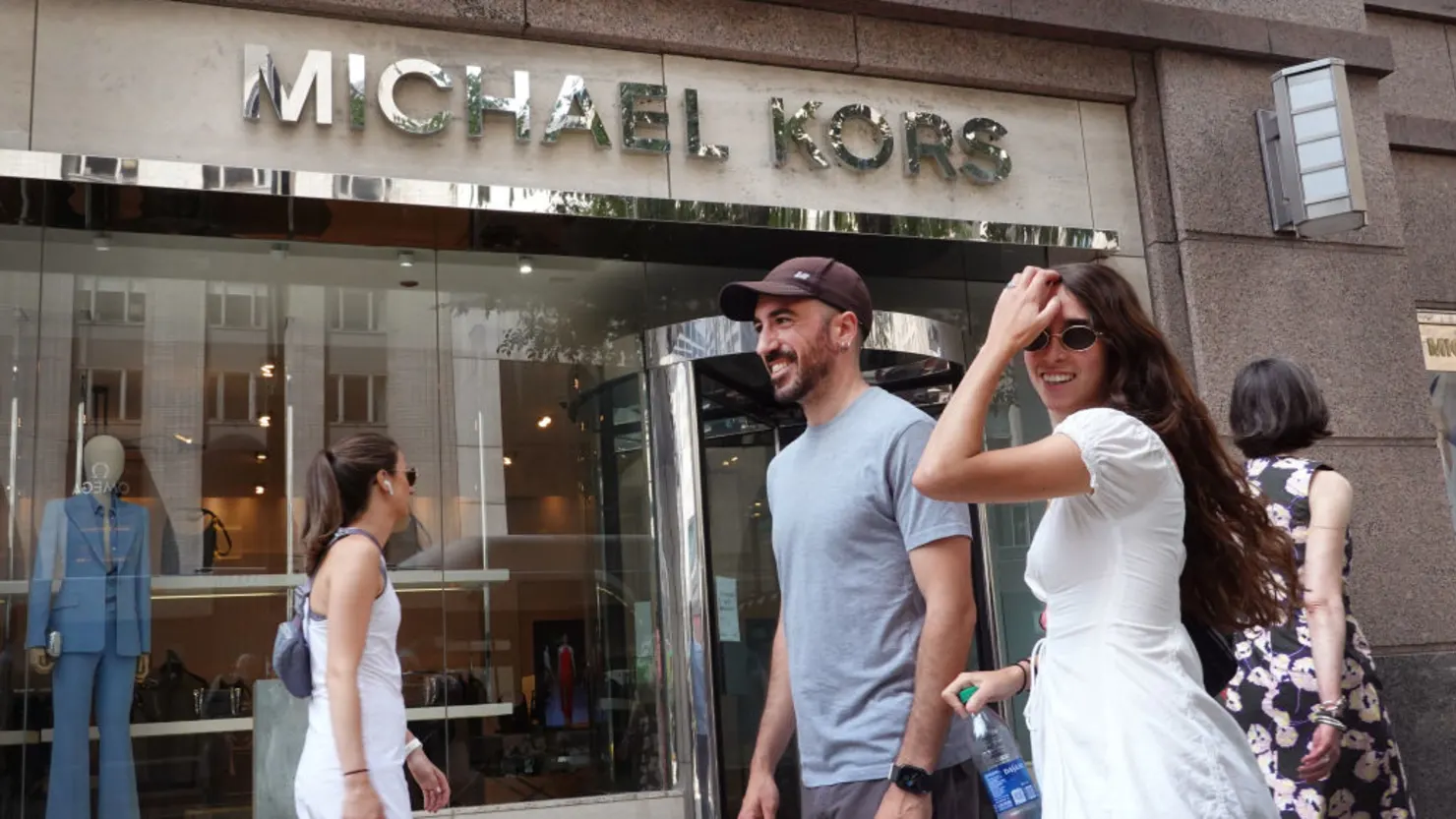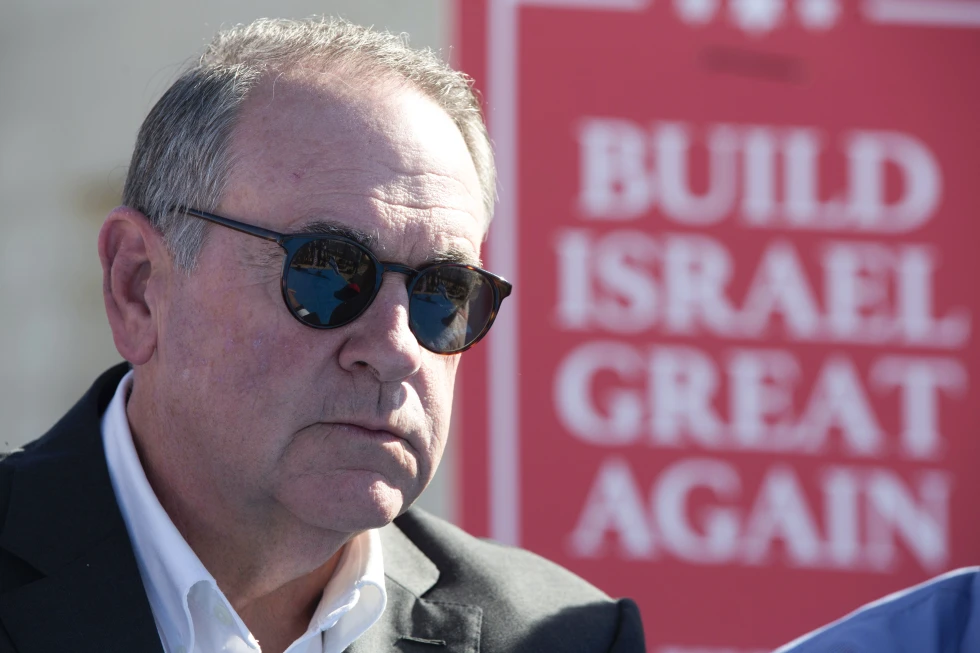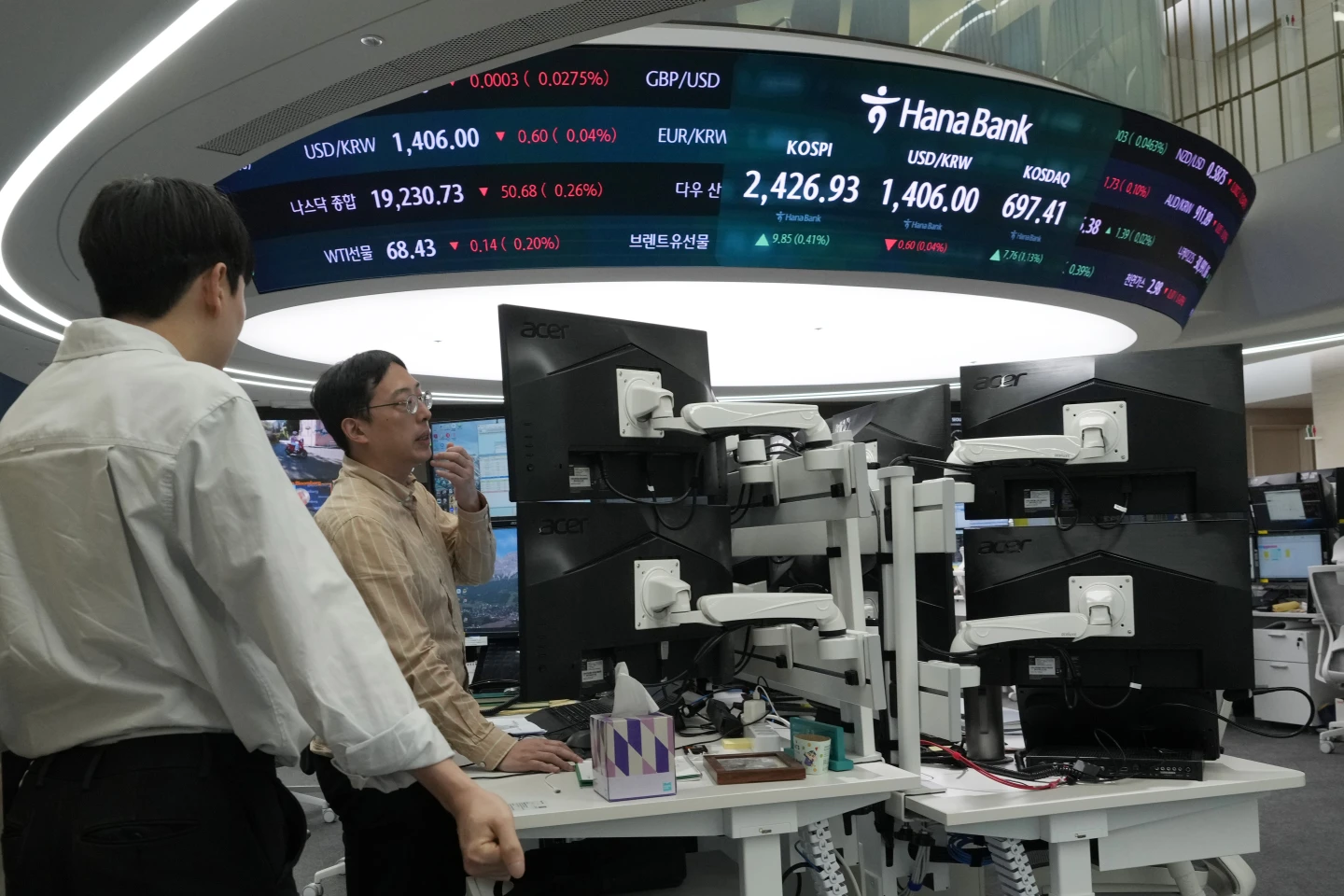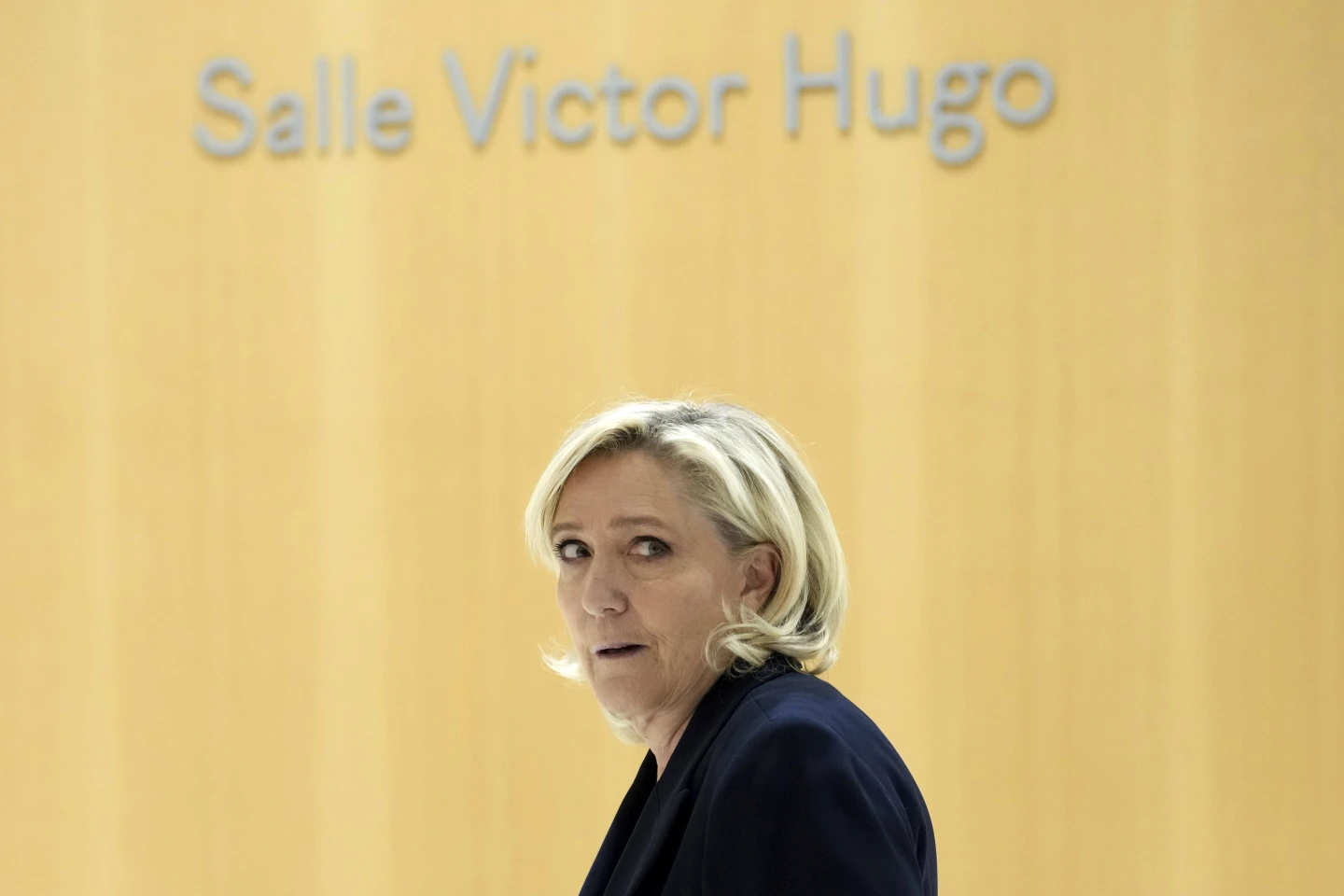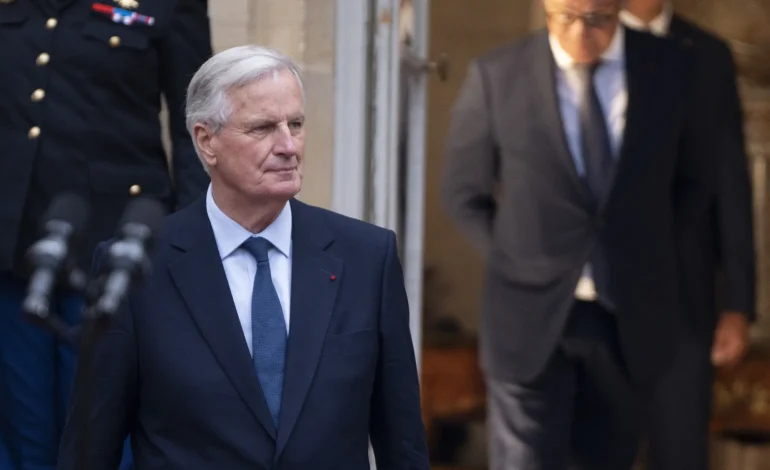In a bid to address France’s ballooning budget deficit and appease concerned international investors, newly appointed Prime Minister Michel Barnier has signaled a potential shift in economic policy, opening the door to higher taxes for wealthy people and large corporations, Bloomberg reports.
Speaking on France 2 television Sunday, Barnier stressed the need for a collective effort to restore France’s financial stability, stating that while he aims to avoid raising taxes on the middle class and workers, “in the necessary, national effort to repair the situation, I won’t exclude that the richest participate.” He also indicated that “some very big companies, multinationals that are working well, can also contribute.”
This declaration marks a departure from the seven-year-long policy of the centrist Macron government, which championed tax cuts as a cornerstone of economic growth. However, France’s fiscal situation has deteriorated significantly under the watch of a caretaker government, driving up borrowing costs and eroding investor confidence.
The benchmark Paris stock index has fallen over 6% since Macron’s snap election in June, making it the worst-performing major market in Europe. The country’s government bonds have also declined relative to other European nations, with the spread between French and German 10-year yields – a proxy for French risk – increasing by about 30 basis points.
“Our country is in a very grave situation — €3 trillion ($3.3 trillion) of debt and €50 billion in interest to pay a year,” Barnier acknowledged, emphasizing the need to preserve France’s credibility in international markets.
Barnier’s cabinet, announced Saturday, is a fragile coalition of conservatives and centrists, formed after months of political gridlock and a fragmented National Assembly. Despite the challenges of uniting these diverse groups, the new government faces an even greater threat from the left-wing New Popular Front alliance, which has pledged to overturn the government at the earliest opportunity.
The far-right National Rally, holding the largest number of seats in parliament, has also indicated its opposition to the new government, calling it a return to “Macronism” with “no future.” Their potential support could be crucial for a no-confidence vote that could bring down the administration.

